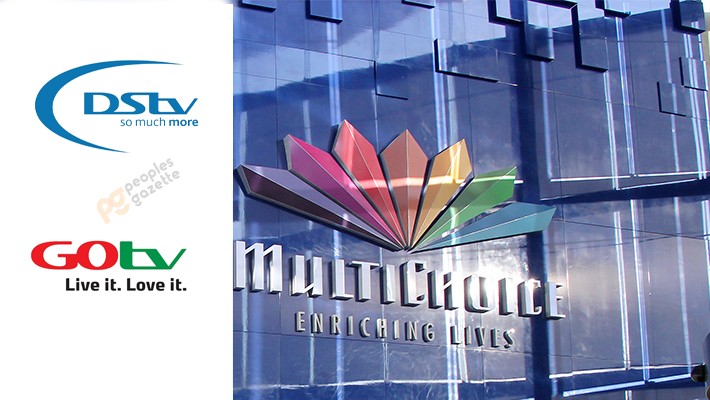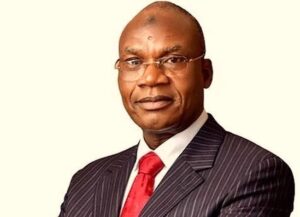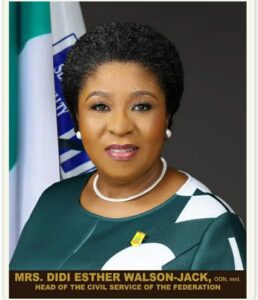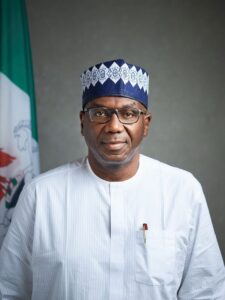
DSTV Complains That Subscribers Have Dropped Massively In Nigeria
In a startling revelation, Multichoice Group, the African Pay-TV behemoth, has reported a staggering 18% drop in DStv active subscribers in Nigeria. The company’s financial results for the year ending March 31, 2024, paint a grim picture of the entertainment landscape, with the Nigerian economy shouldering the blame for this downturn.
The decline in Nigeria has sent shockwaves through Multichoice’s overall subscriber base, resulting in a 9% shrinkage across the board. The ‘Rest of Africa’ segment, which includes Nigeria, saw a 13% dip, bringing the total active subscribers down to 8.1 million from 9.3 million the previous year.
Nigeria’s economic strife has been cited as the primary culprit, with the removal of fuel subsidies, a drastic devaluation of the naira, soaring inflation rates of over 30%, and an uptick in emigration of the middle and upper classes contributing to the decline.
This subscriber exodus has also diminished Nigeria’s contribution to the Rest of Africa revenues, which plummeted from 44% to 35%. Ghana mirrors this trend, grappling with its inflation woes.
In response to these challenges, Multichoice has pivoted its strategy from expansion to survival, focusing on protecting profitability and cash flow. Cost-saving measures have been aggressive, including a significant cutback on decoder subsidies and a ZAR500 million reduction in selling, general, and administrative costs. These efforts have borne fruit, with the Rest of Africa’s business witnessing a 48% surge in trading profit.
However, the company’s woes are compounded by legal battles, as Multichoice flouted a court order from the Competition and Consumer Protection Tribunal in Abuja, leading to a hefty N150 million fine and an order to provide a one-month free subscription to Nigerian customers on both DStv and GOTV platforms. This legal defiance and the subsequent penalty underscore the tumultuous period Multichoice is navigating as it contends with the harsh economic realities of the Nigerian market.





